
Elephant
Elephant
Elephant
Elephants are popular animals in zoos. They have a long nose that they use skillfully and have a body of overwhelming size. In addition, they have an excellent memory and a smart head. Let’s explore other excellent parts of elephants!
Elephant Basic Infomation
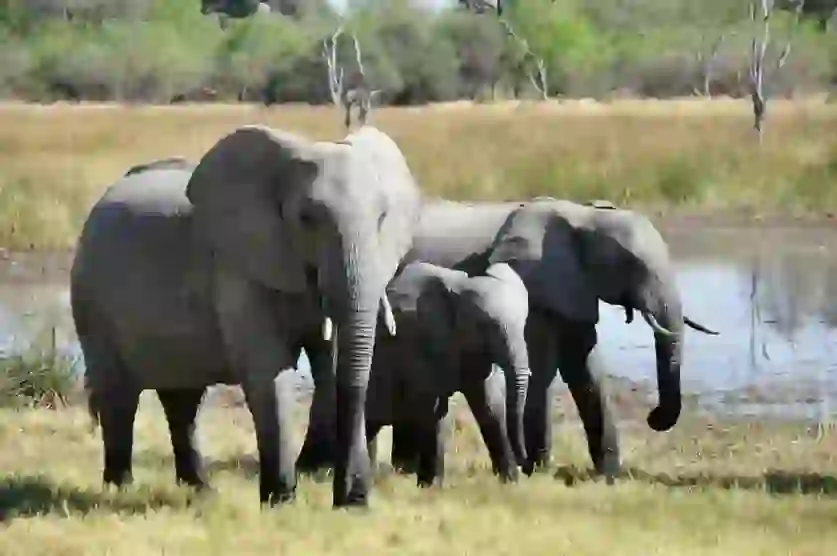
Proboscidea-Elephantidae.
African elephant length:6~7.5m weight:4~7t.
Habitat:East Africa,South Africa.
African forest elephant length:4~6m weight:2.5~6t.
Habitat:Central Africa.
Asiatic elephant length5.5~6.5m weight2.5~6.5t.
Habitat:India, Indochina Peninsula, Ceylon, Sumatra, Borneo.
Elephant herds live with females and children, and the herd is composed of family members with blood ties. The largest and oldest female elephant in the herd becomes the leader.
The role of the elephant that has become the leader is to decide the destination and fight at the forefront when enemies attack. It’s amazing how strong an old elephant can be.
Elephants born in the herd are raised and protected by everyone in the herd. When males grow up, they become independent and leave the herd to act alone or form a herd with other young male elephants.
Male elephants act alone and mate with various herds when the female elephant’s estrus period begins. Zoos also focus on breeding elephants, but it is difficult to judge when to mate because the estrus cycle of female elephants is long. Pregnant elephants take up to 22 months to raise their babies in their stomachs. This pregnancy period is said to be the longest among animals. The baby elephant that is born already weighs 120 kg. Even though it's a child, it's bigger than a human adult.
The lifespan of elephants in the wild is about 60-70 years, while those in captivity live for about 20 years. Many animals that are kept in captivity live longer than those in the wild, but why do elephants live longer in the wild? In fact, it is said that the reason why captive elephants have a shorter lifespan is due to stress and lack of exercise. They eat more nutritious food than wild elephants, but they have less space to move around compared to their natural habitat. In addition, they accumulate stress by being moved to other zoos. For these reasons, it is believed that captive elephants have a shorter lifespan.
Elephant Q&A

Why do elephants have long noses?
There are two hypotheses as to why elephants have long noses.
Hypothesis 1: As the body grows larger, the nose evolved to become longer. As elephants grow larger, it becomes difficult for them to bend their knees and put their mouths on the ground to take water and food. This is because having a large body means having a huge brain. The size of an elephant’s brain is over 5 kg. It’s hard to lower your head when you have such a big brain. So the elephant evolved to have a long nose to make it easier to eat. It evolved its body to suit the environment.
Hypothesis 2: The elephant’s ancestors lived in water and evolved long noses. The idea is that elephants lived in water and evolved long noses because it was not efficient to breathe in and out every time they breathed. Elephants evolved to breathe smoothly without breathing in and out by making their noses longer. Elephants are often thought of as living on land, so it’s hard to believe they lived in water. However, this hypothesis is based on the fact that the bones of elephants’ ancestors are often found near the sea. Elephants are good swimmers despite their large bodies. They may sink in the water due to their large size, but they can swim for long periods of time. The reason why elephants have long noses is not clear. It may not be just one reason if you change your perspective.
It is also possible that they adapted to live in both land and sea. I hope that this will be clarified in the future.
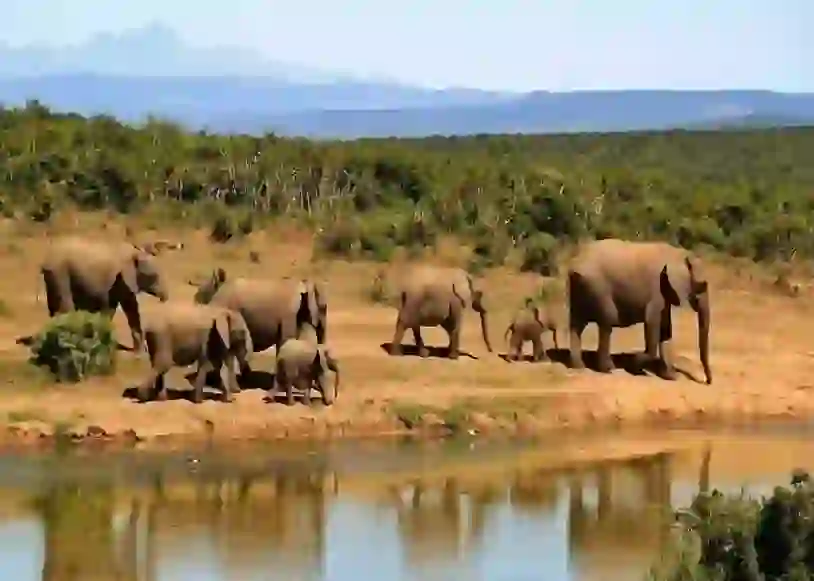
Is an elephant's nose the same as a human nose?
The elephant’s nose is not just a nose, but also an upper lip that has grown together with the nose. The nose is made entirely of muscle and has no bones. This allows it to move flexibly without bones or joints. With this muscular nose, elephants can lift objects weighing up to 200-300 kilograms. In addition, elephants have a keen sense of smell. Studies have shown that elephants have about twice as many genes for detecting odors as dogs do. Elephants communicate by entwining their noses with each other, and they can also gently touch baby elephants like humans patting a child’s head. Elephants’ noses are not only used for lifting objects but are also an important part of their body that cannot be missed in many situations.
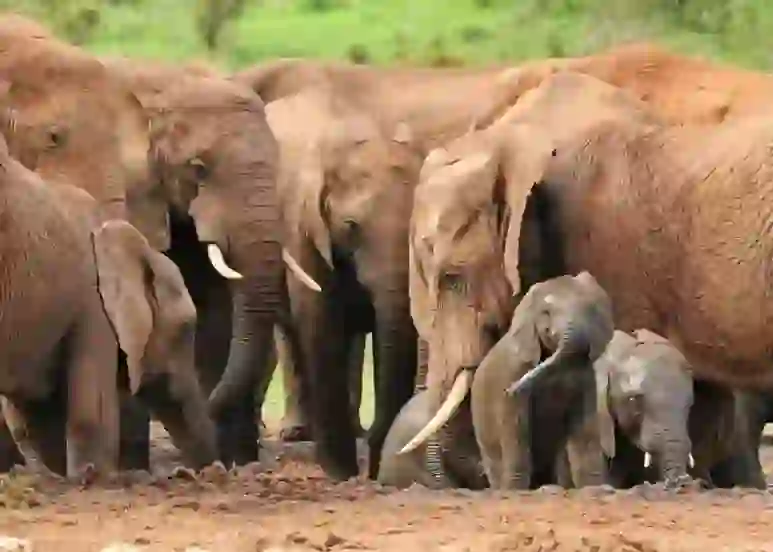
Why are elephant ears big?
The elephant’s large ears play a role in cooling the elephant’s body. Elephants are large animals and are therefore more likely to be exposed to the sun’s rays and become overheated.
The ears are full of blood vessels. By flapping their ears like fans, elephants cool their blood and circulate it throughout their bodies to cool themselves down.
African elephants tend to have larger ears than Asian elephants. This is because African elephants live in environments with less shade and more exposure to sunlight. Asian elephants live in environments with more shade, so even if their ears are slightly smaller, they can still cool their bodies. The size of an elephant’s ears can change depending on the environment.
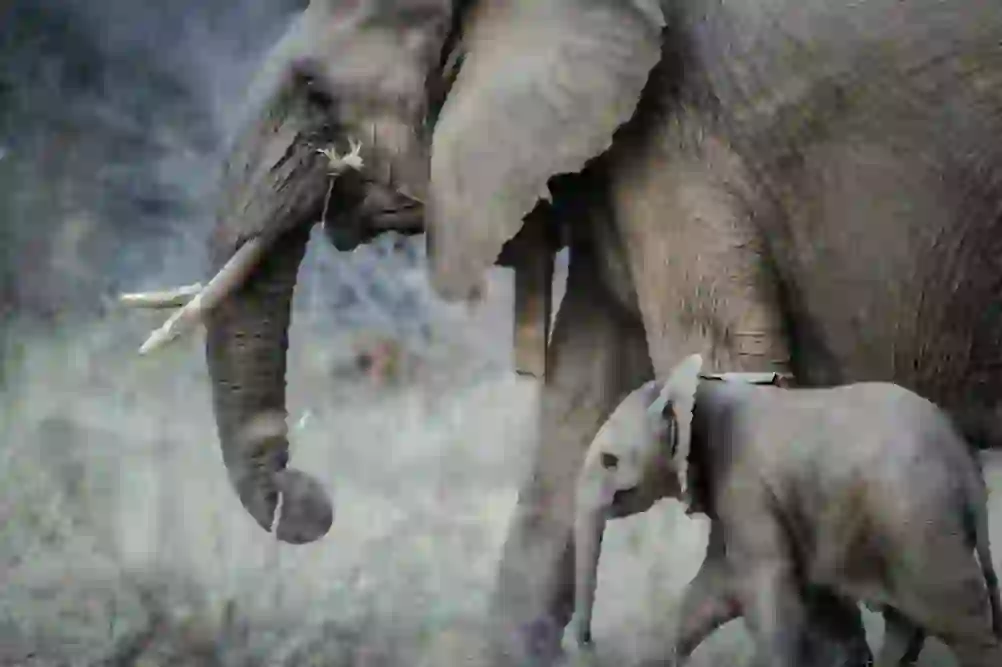
How much food do elephants eat?
Elephants are herbivores and eat grass, leaves, and tree bark in the wild. They eat about 200-300 kg of food per day and drink about 100 liters of water. Their large size means they need a lot of food.
In zoos, elephants are fed hay as their main food and high-nutrient foods such as apples, carrots, and sweet potatoes as supplements. They are also given pellets.
The diet of captive elephants seems to be more varied and nutritious than that of wild elephants.
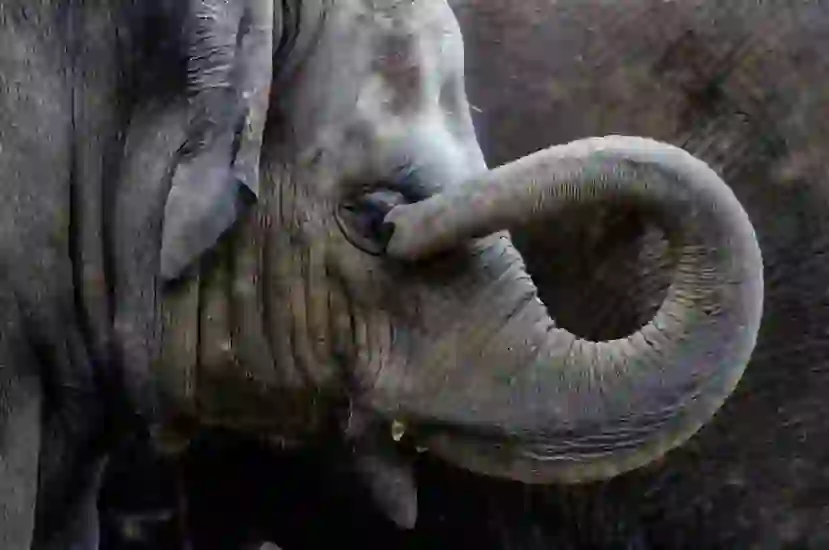
What role does elephant droppings have?
Elephants eat various types of plants, but two-thirds of the plants they eat are not digested and absorbed and are excreted. The excrement contains plant seeds. Elephant dung plays an important role in transporting and growing plants. Elephant dung has other uses as well. It can be used to make paper by extracting fiber from the dung, and it can be used to make high-quality coffee beans by feeding coffee beans to elephants and extracting them from the dung.
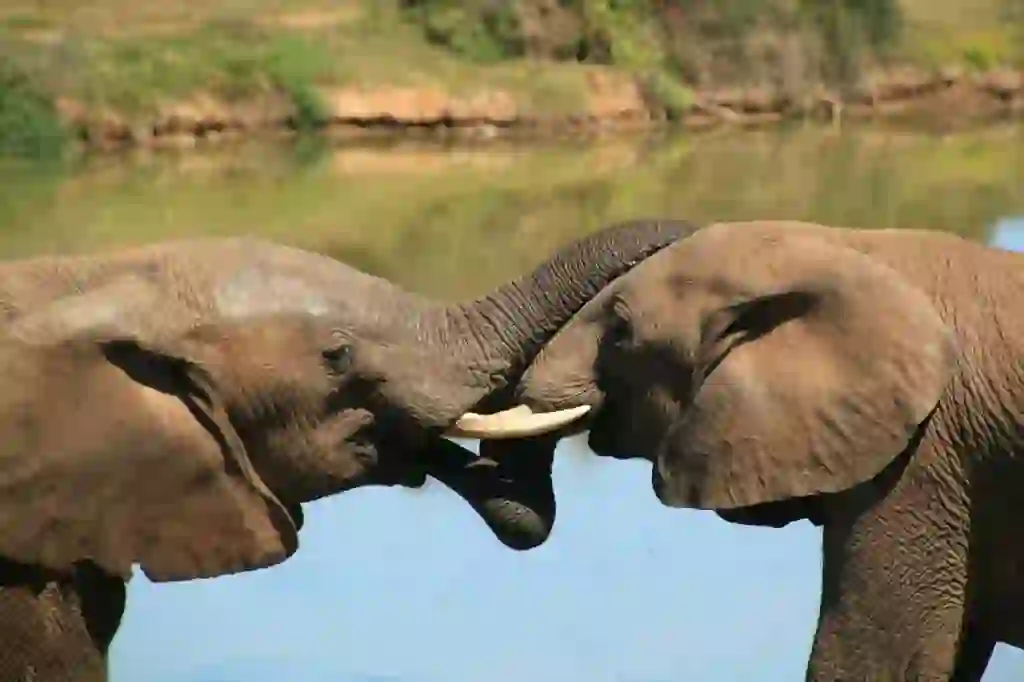
Do elephants have natural enemies?
Lions and tigers are often mentioned as elephants’ natural enemies. However, they are not enemies of adult elephants but rather of baby elephants. Adult elephants are not often attacked by lions or tigers because they are not only large but also strong.
The natural enemy of adult elephants is “humans”. Adult elephants have no natural enemies in the wild, but their numbers have been decreasing year by year. The reason for this is that humans are poaching them because elephant tusks can be sold at high prices. There used to be 10 million elephants in the world, but their numbers have decreased to 350,000 over the past 100 years. This means that one elephant dies every 15 minutes, which is equivalent to 96 elephants per day. When you look at the actual numbers, you can see how quickly elephants are dying out. Although it may seem like something that is happening in a distant country, Japan is actually heavily involved in this issue. Japan is one of the countries that consumes the most elephant tusks. What is Japan using elephant tusks for? 80% of the imported elephant tusks are used for “hanko” (personal seals). Since there is no need to prove the origin of the elephant tusks, there is a possibility that poached tusks may be mixed in with the imported ones. It is surprising to learn that elephant tusks are being used around us. Even if you didn’t know about it, don’t forget that you may be involved in elephant poaching.
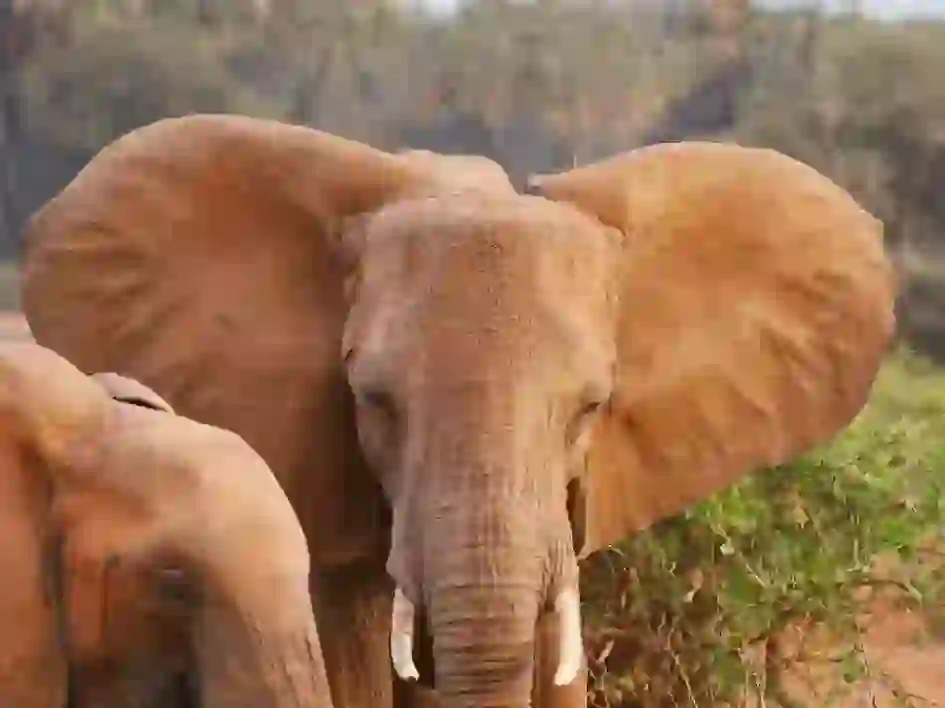
Is it true that elephants have the emotion of "sadness"?
Elephants pay respect to their deceased companions by covering their bodies with leaves and other materials. Even if they are not from the same herd, elephants behave similarly. They remember the location where their companions died and stop by that place every time they pass by. From this behavior of elephants, there is an English proverb called “Elephants never forget.” This proverb means not only that elephants have good memory but also that they never forget. It is often used to mean that elephants never forget when someone does something bad to them. It is important to be kind to animals, not just elephants.

Would you like to become a part of the 'Animalbook.jp'?
Turn your knowledge into Q&A and share it with the world. ※Publication will be activated after purchase. Let's share information together!
Elephant Type of List
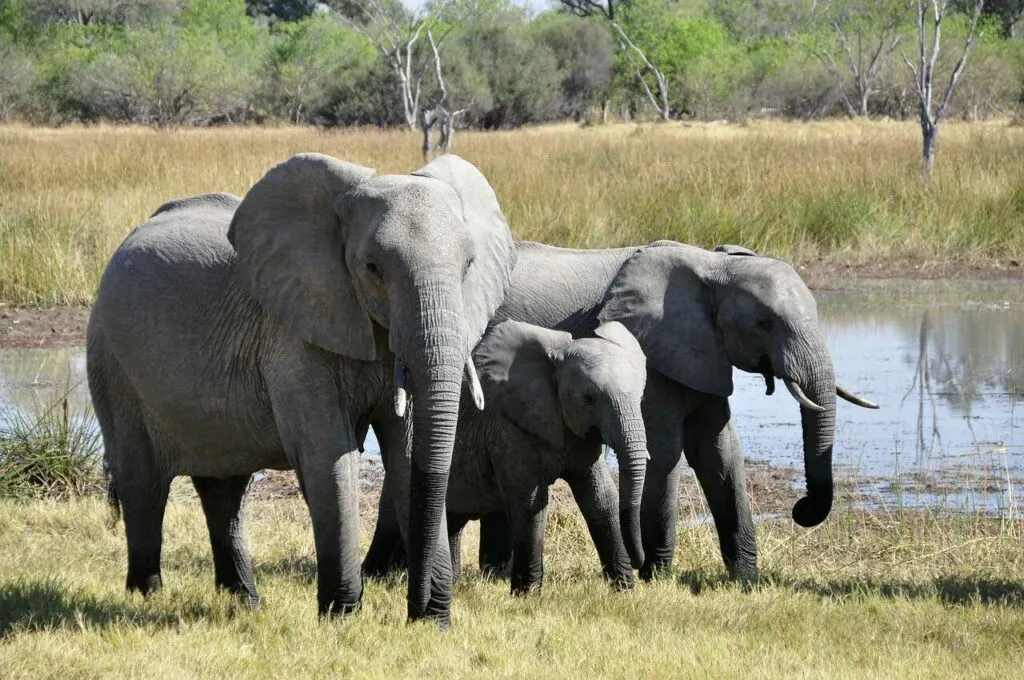
【African bush elephant.】
・Savanna elephant.
【African forest elephant.】
・African forest elephant.
【Asian elephant.】
・Indian elephant.
・Ceylon elephant.
・Sumatran elephant.
・Malay elephant?
Information
Congratulations! You are the first commenter!

Create Your Favorite List!
Elephant
Save the animals you love! Build your own list to quickly revisit your favorites later.

Would you like to leave a comment?
※Please note: This is for the purchase of rights to post comments within the article.
Find Your Favorites!
Our shop offers a unique and attractive selection of goods themed around various animals.
Elephant References

- ウィキペディア「ゾウ」 https://ja.wikipedia.org/wiki/ゾウ
- Yahoo!知恵袋 https://detail.chiebukuro.yahoo.co.jp/qa/question_detail/q1316037818
- うきうきExpress「象の鼻!長いのはどうして?」 https://ukiuki-express.com/archives/2140.html
- Discovery「ゾウは意外と速く走る…大きくて賢い、人に近い頭脳を持つ生き物の秘密」 https://www.discoverychannel.jp/0000093831/
- 東京ズーネット「アフリカゾウ豆知識」 https://www.tokyo-zoo.net/topics/profile/profile23.shtml
- ALIVE「動物園のゾウの死亡原因はストレスと運動不足」 http://www.alive-net.net/world-news/wn-zoo/85-1.html#
- SEKAI「ゾウのフンから見える人間社会」 https://www.toshin.com/sekai/interview/06/
- アフリカゾウの涙「取り組む課題-絶滅に向かうアフリカゾウ」 https://www.taelephants.org/commitment/index.html
- 大紀元時報「300頭のゾウの群れのリーダーに最後のお別れ」 https://www.epochtimes.jp/p/2019/09/47206.html
Elephant Introduction of media used
出典:https://pixabay.com/videos/id-6447/

出典:https://pixabay.com/images/id-55255/

出典:https://pixabay.com/images/id-279505/

出典:https://pixabay.com/images/id-4736008/

出典:https://pixabay.com/images/id-1081749/

出典:https://pixabay.com/images/id-4791438/

出典:https://pixabay.com/images/id-241620/

出典:https://pixabay.com/images/id-2668679/
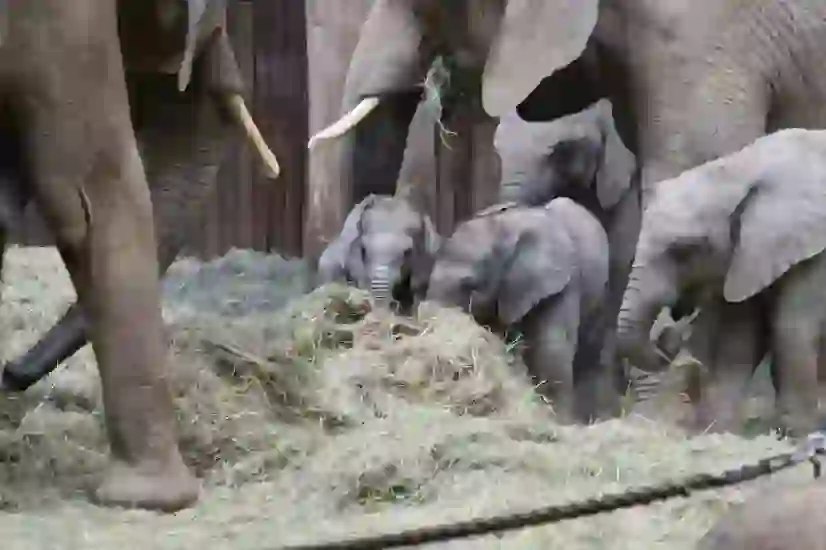
出典:https://pixabay.com/images/id-5246318/
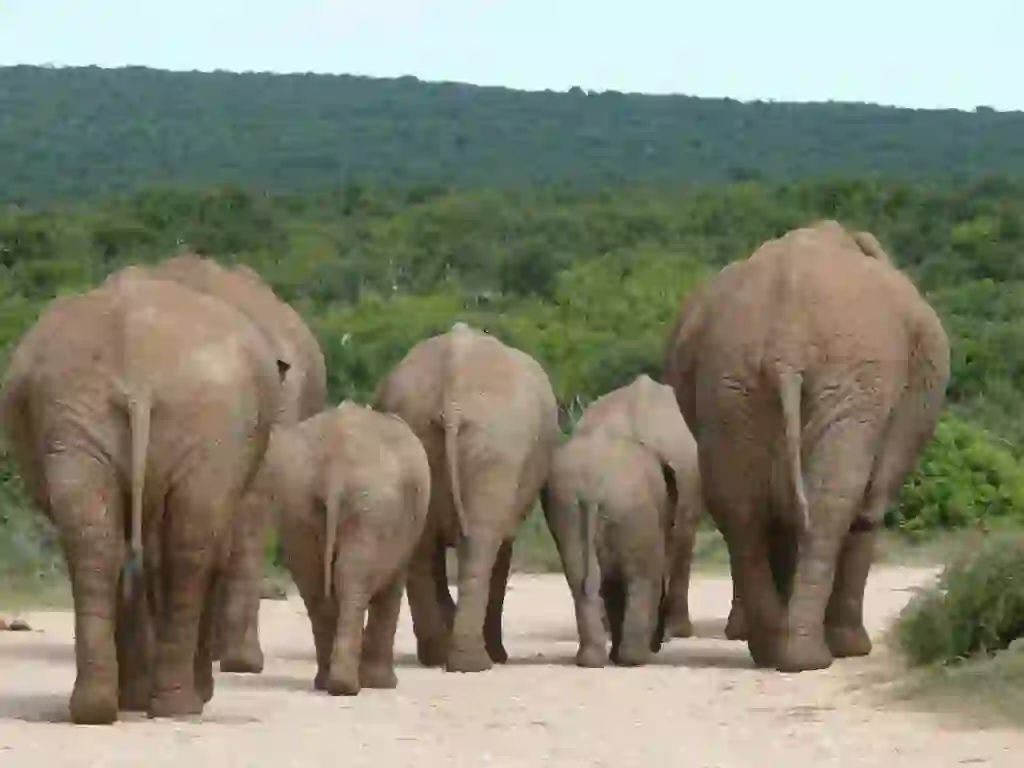
出典:https://pixabay.com/images/id-334456/
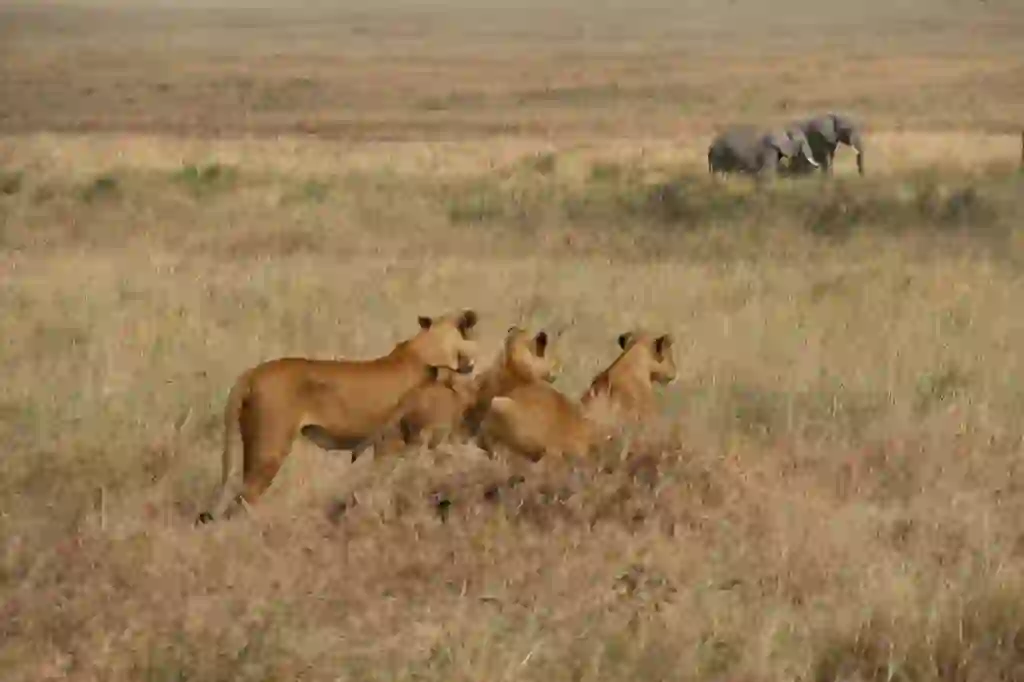
出典:https://pixabay.com/images/id-5471714/
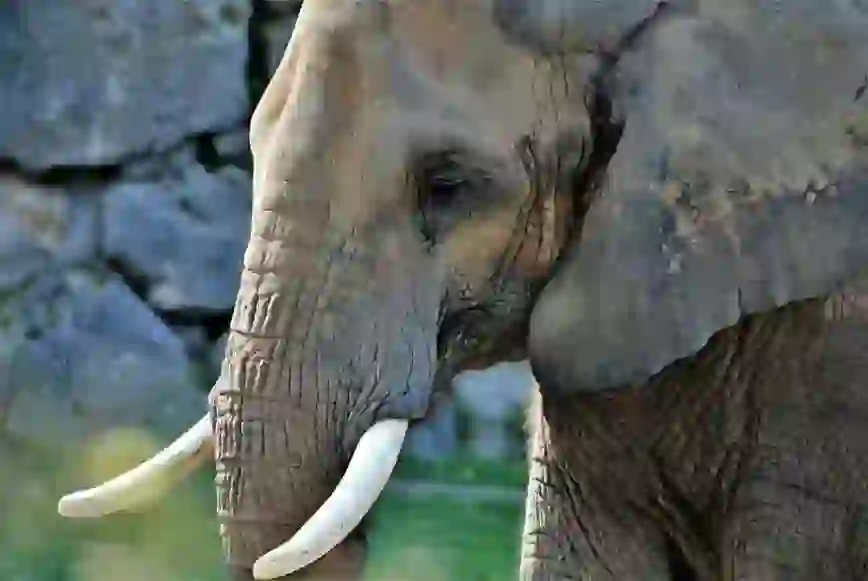
出典:https://pixabay.com/images/id-3292752/
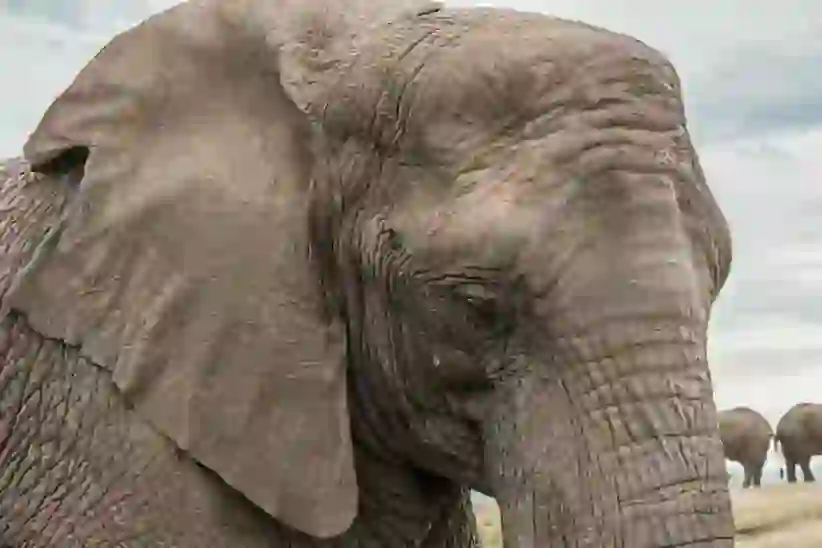
出典:https://pixabay.com/images/id-1526709/

Help Enrich Our Animalbook.jp with Your Media!
We are constantly looking to expand and enrich our Animalbook.jp with amazing photos and videos of animals. If you have any media that you'd like to share, please contribute and help us showcase the beauty and diversity of the animal kingdom. Your submissions will be credited and featured in our encyclopedia, reaching a wide audience of animal lovers.


















